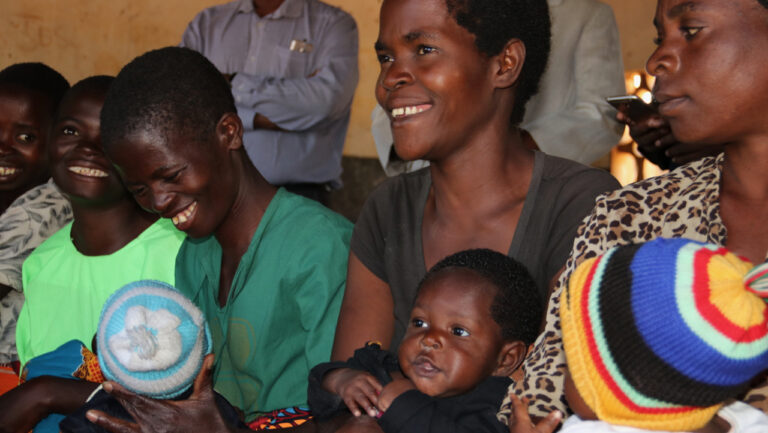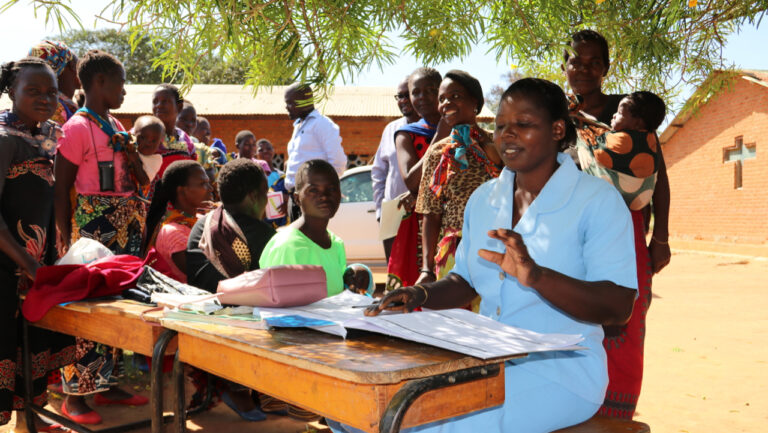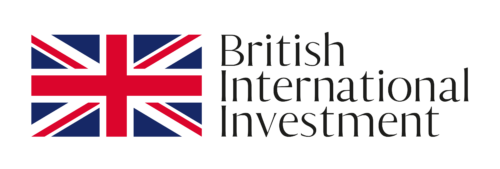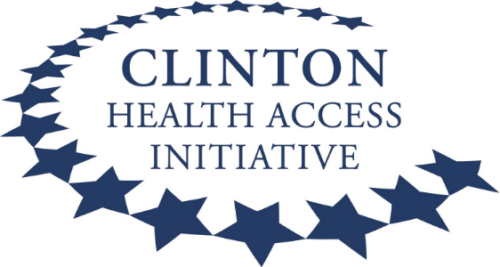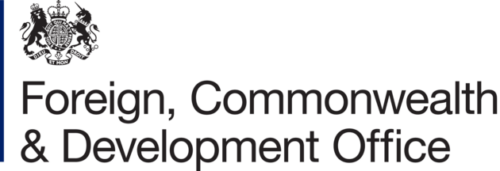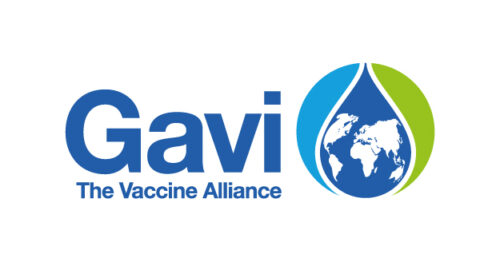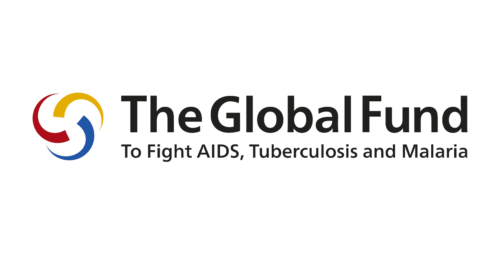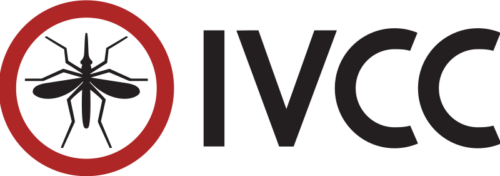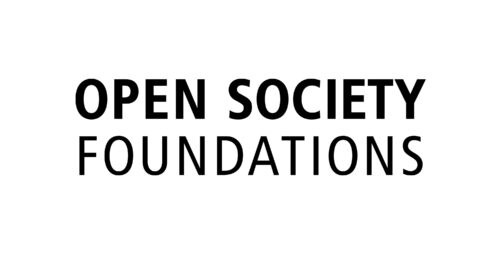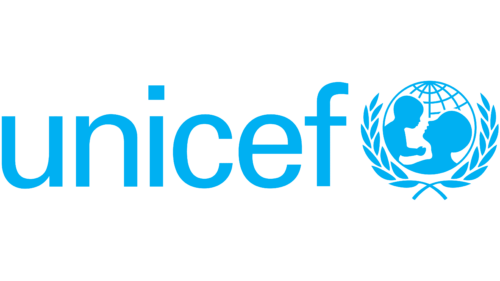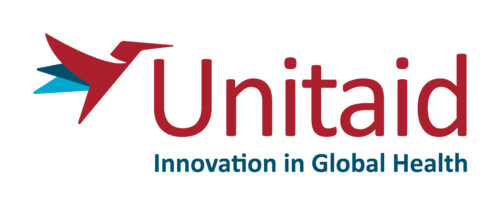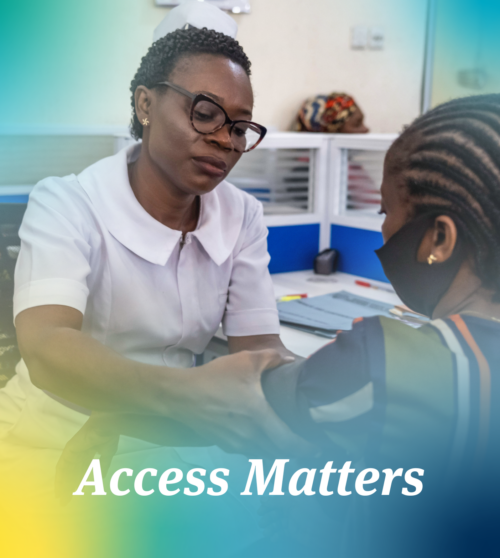Malaria vaccine introduction “a big step forward for global health”
by MedAccess
22 January 2024 | News
MedAccess today warmly welcomed news that Cameroon has started protecting its children against malaria as part of the country’s routine immunisation schedule.
Children in Cameroon have started receiving doses of RTS,S, the world’s first malaria vaccine. The introduction in Cameroon is the first step in a plan led by Gavi, the Vaccine Alliance, for children in 12 countries to receive the RTS,S vaccine by the end of 2025.
Children under the age of five in 42 of the highest malaria burden districts in Cameroon will be eligible for the vaccine. Malaria cases in these areas have been rising since 2017. In some districts, more than 30% of all hospital consultations are related to malaria.
Today’s introduction comes after a near four-decades journey for RTS,S. The vaccine entered development in 1987 through a partnership with GSK and the Walter Reed Army Institute of Research. Following extensive trials, the vaccine was approved by the European Medicines Agency in 2015. Subsequently in 2016, the World Health Organization (WHO) announced that a pilot implementation programme would be required before issuing a recommendation.
Ahead of the recommendation and a funding decision from Gavi, MedAccess entered into an innovative financing arrangement with Gavi and GSK to ensure continued production of RTS,S antigen. This helped make sure that the vaccine could be introduced as quickly as possible following a WHO recommendation and Gavi funding approval.
“Malaria kills a child every minute, so today is a historic day in the fight against malaria and for global public health more broadly,” said Michael Anderson, MedAccess CEO. “We congratulate the constellation of partners that has come together to develop, test and manufacture this lifesaving vaccine. I am proud of the part MedAccess played in helping to ensure production continued at a time of great uncertainty. This will enable many millions more children to be protected sooner from the deadly threat of malaria.”
Demand for the vaccine has significantly outstripped supply. In July 2023, Gavi announced plans to allocate the first 18 million RTS,S doses to 12 countries between 2023 and 2025. The WHO’s recent decision to approve the R21 malaria vaccine will enable more countries to protect their children from malaria. Country rollouts of the R21 vaccine are expected to begin by mid-2024.
Children in Ghana, Kenya and Malawi are already being vaccinated with RTS,S, having participated in the Malaria Vaccine Implementation Programme.
Vaccines are in important additional tool in the fight against malaria. Experts recommend the vaccines should be used in combination with other tools including the use of next-generation mosquito nets and indoor residual spraying.
